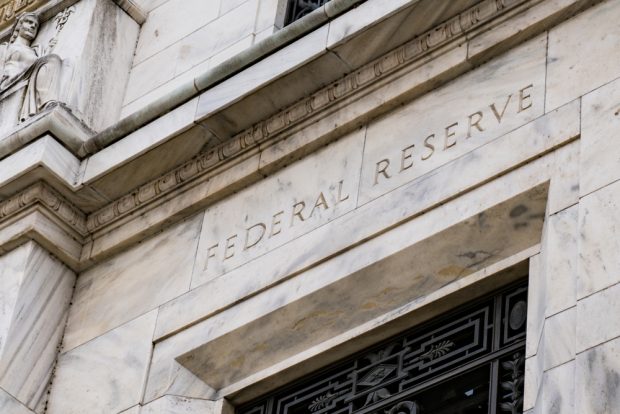 Federal Reserve Building in Washington, D.C.
Federal Reserve Building in Washington, D.C.
Credit/Shutterstock
In a letter Thursday to the board of governors of the Federal Reserve System, NAFCU SVP of Government Affairs Greg Mesack warned members that an "unwarranted review" of the debit interchange fee cap could have dire consequences for the credit union industry.
In Mesack's seven-page letter, he said the fees have been proven to help offset the costs of managing and mitigating the rising number of debit card fraud, but even at the current fee rates that may be enough.
Recommended For You
He noted that the scale of operations of the big banks enables them to use the current fee structure to invest in AI and other fraud-fighting tools in a much more effective way than smaller financial institutions, such as credit unions.
Mesack wrote, "The disparity in resource allocation between large card issuers and smaller credit unions is clear. While the former can significantly invest in sophisticated fraud detection and prevention systems, the latter finds themselves in a financial bind exacerbated by reduced interchange revenue."
He continued, "The proposition of reducing the interchange rate is a short-sighted one, potentially exacerbating financial disparities in our communities. The reality is that any such reduction would undermine the financial stability of small credit unions, likely propelling a wave of consolidations within the financial sector. This would, in turn, diminish the accessibility of financial services, particularly in underserved communities, thereby undermining the primary mission of credit unions."
While a majority of credit unions, those under $10 billion in assets, are exempt from the interchange fee cap, "they have not been spared the impacts of the Durbin Amendment, and have seen a sharp and steady decrease in interchange revenue since 2011, hampering their ability to fight fraud and provide essential financial services to local communities, especially underserved populations," Mesack wrote.
He added, "NAFCU staunchly opposes any efforts to reduce the debit interchange rate. We urge the Federal Reserve Board to consider the disparaging effects such a move would have on credit unions and, by extension, the communities they serve. We remain open to further discussions and are willing to provide additional insights into the adverse ramifications of revisiting the debit interchange rate."
© Touchpoint Markets, All Rights Reserved. Request academic re-use from www.copyright.com. All other uses, submit a request to [email protected]. For more inforrmation visit Asset & Logo Licensing.







